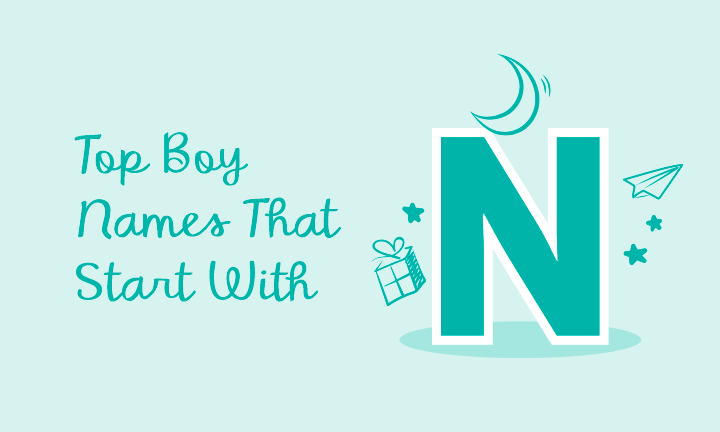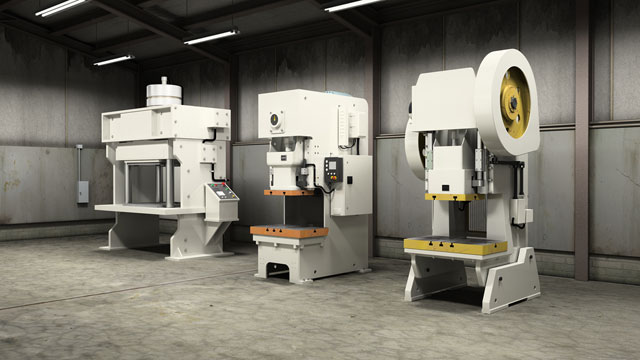Advanced Features of New Muslim Baby Boys Name Generators

Muslim baby boy name generators have become increasingly sophisticated and culturally sensitive tools, reflecting the rich traditions and linguistic diversity of the Islamic world. This guide explores how these specialized generators have evolved, incorporating advanced technologies and cultural insights to assist Muslim parents in choosing meaningful names for their sons.
So, that’s how we were doing before the impact of AI on our lives and the traditional Muslim baby name generators typically relied on basic databases of Arabic and Islamic names, often lacking the nuance and cultural context necessary for such an important decision. These early versions might offer a random selection of names but failed to consider the deeper meanings, cultural variations, or regional preferences within the Muslim community.
Quranic analysis tools have been incorporated into some advanced Muslim baby name generators. These features can identify names mentioned in the Quran or derived from Quranic verses, providing parents with names of deep religious significance. Some generators even offer the ability to search for names based on specific Quranic themes or stories.
Pronunciation guides have become a standard feature in many Muslim boy name generators. Using advanced text-to-speech technology, these tools can provide accurate pronunciations of names in various dialects of Arabic and other Muslim languages. This feature is particularly helpful for non-Arabic speaking Muslim parents or those living in multicultural societies.
Calligraphy visualization tools have been integrated into some cutting-edge name generators, allowing users to see how a name might look when written in Arabic script. This feature appeals to parents who appreciate the aesthetic beauty of Arabic calligraphy and want to consider how their child’s name will appear in written form.
Meaning analysis has been significantly enhanced in modern Muslim baby name generators. AI-powered systems can now provide detailed explanations of a name’s linguistic roots, cultural significance, and religious connotations. This depth of information helps parents make more informed decisions about the names they choose.
Personalization features have become increasingly sophisticated. Advanced generators can now take into account factors such as family naming traditions, regional customs, and even astrological considerations that are important in some Muslim cultures. This personalized approach helps parents find names that resonate with their specific cultural background and personal beliefs.
Historical and biographical information has been incorporated into many Muslim baby name generators. These systems can provide background on the historical figures or companions of the Prophet who bore a particular name, offering parents a connection to Islamic heritage through their naming choice.
Trend analysis tools have been developed to help parents understand the popularity of different names within Muslim communities. By analyzing data from various sources, including social media and government records, these generators can provide insights into current naming trends and predict future popularity.
Multilingual support has been greatly expanded in recent years. Many Muslim baby name generators now offer name suggestions and information in multiple languages, catering to the linguistic diversity of the global Muslim community. This feature is particularly valuable for Muslim families living in non-Muslim majority countries or those with mixed cultural backgrounds.
Collaborative features have been introduced in some name generators, allowing users to share name suggestions, discuss meanings, and vote on favorites. This community-driven approach creates a dynamic platform for Muslim parents to exchange ideas and insights about naming traditions.
Dr. Aisha Ahmad, a professor of Islamic Studies at the University of Toronto, offers this perspective: “The evolution of Muslim baby name generators reflects the broader trend of using technology to preserve and explore cultural heritage. These tools can be valuable resources for Muslim parents, especially those living in diverse societies, to connect with their religious and cultural roots through the profound act of naming their child.”
Ethical considerations have become an important aspect of developing Muslim baby name generators. Developers are increasingly aware of the need to represent diverse Islamic traditions and avoid bias towards any particular cultural or linguistic group. There’s also a growing emphasis on ensuring that the meanings and connotations of suggested names are accurately represented. Accessibility features have been incorporated into many modern Muslim baby name generators, making them more inclusive for users with disabilities. Text-to-speech functionality allows visually impaired users to hear name suggestions and their meanings, while improved user interfaces cater to individuals with motor impairments.
Integration with Islamic calendar systems has been implemented in some advanced generators. These tools can suggest names based on significant Islamic dates or months, allowing parents to choose names that commemorate important events in the Islamic calendar.







